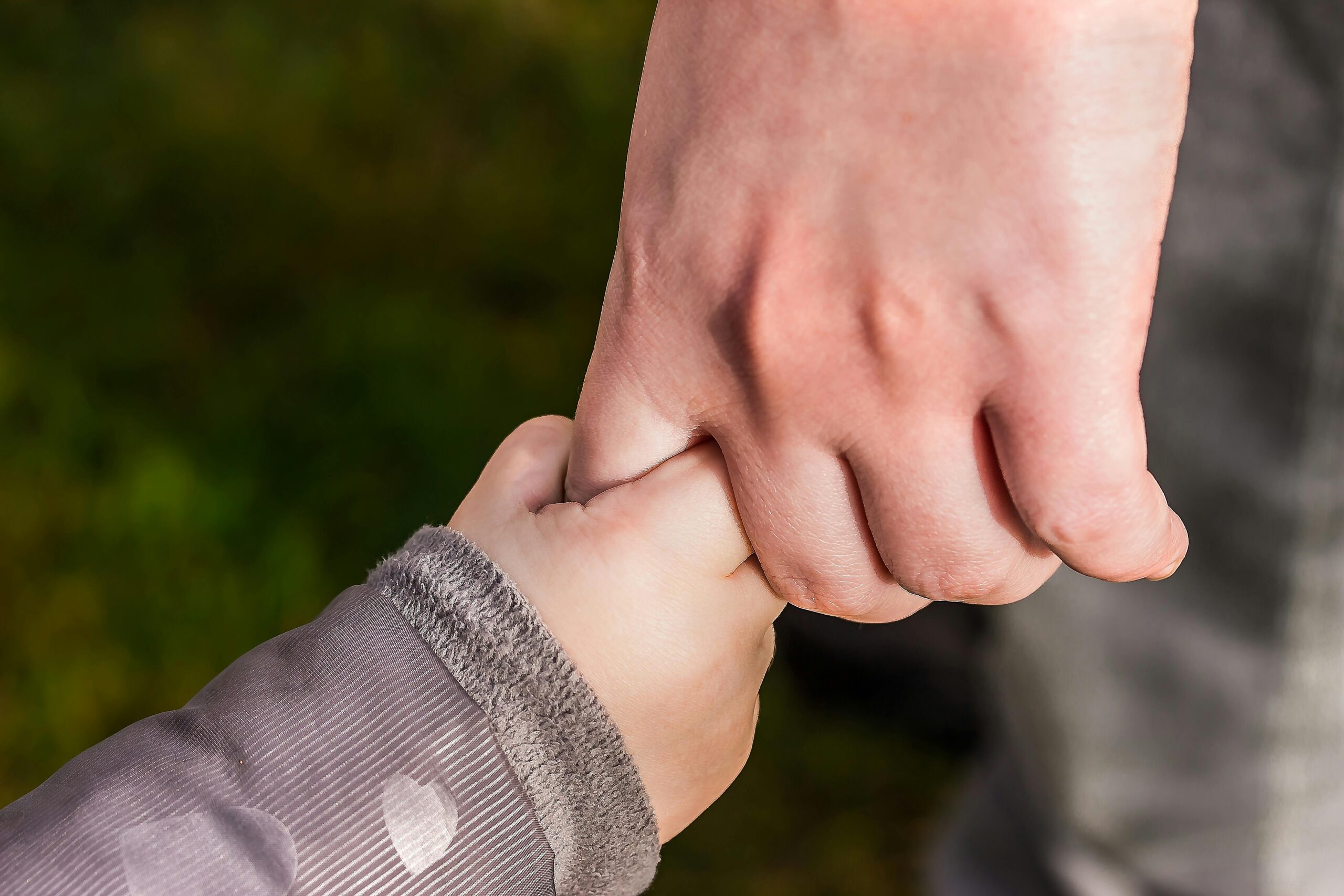Parenting can be a deeply rewarding experience, but it can also bring up unresolved issues from our past, especially when we’re healing from trauma. As a parent, it’s challenging enough to support your child through their own struggles without also carrying the weight of your own emotional healing. But what happens when your past trauma begins to affect your parenting? How do you balance your own healing while being there for your child in their moment of need?
The Impact of Childhood Trauma on Parenting
I’ve experienced firsthand how trauma from childhood can influence the way I parent. Growing up, I was frequently told a story by my mom about how, as an infant, she put me on a diet. In the story, she would laugh about how I cried myself to sleep without the nurturance my small body needed. She would time everything so that I would cry myself to sleep before my dad came home, knowing that he would provide for me when he arrived. Although I have no memory of this experience myself, my mom shared the story often throughout my childhood, always as though it were something amusing—a way for her to express the control she had over me and my needs. It was as if she found some twisted satisfaction in her ability to disregard my vulnerability.
This story, though told in a seemingly lighthearted way, left a deep mark on my relationship with food and my sense of security around having enough. As an adult and a mother, I found myself constantly worried about food availability. Whenever I went anywhere, I made sure I had snacks with me, just in case. When my daughter was in high school, there was one morning that perfectly encapsulated the internal conflict I faced. We were rushing to get out the door, and I noticed that she was packing a smaller lunch than I thought was necessary. Given that she would take public transit after school, which lengthened her day, I feared she wouldn’t have enough food. I insisted that she pack more, but she stood firm and told me that this was my issue, not hers.
In that moment, I realized she was right. My fear of going without food wasn’t her problem; it was mine to work through. This was a painful reminder of how much I carried from my own childhood trauma. My feelings of insecurity about food were tied to past experiences I hadn’t fully healed from yet.
Healing and Parenting: A Delicate Balance
What I’ve learned through this experience is that, as parents, we can support our children through their struggles while also addressing our own healing. It’s not always easy, and it’s important to recognize when our unresolved issues might be influencing our reactions or behaviors. Here are a few tips that helped me navigate this delicate balance:
-
Acknowledge Your Triggers: Recognize when something from your past is triggering a strong emotional reaction. In my case, the fear of not having enough food triggered an emotional response linked to my childhood trauma. Acknowledging the trigger allowed me to pause, reflect, and choose how to respond in a way that was healthy for both my daughter and myself.
-
Practice Self-Compassion: Healing from trauma isn’t a linear process, and there will be moments when you feel triggered or overwhelmed. Be kind to yourself during these moments. Parenting is hard enough, and when you add trauma healing into the mix, it can feel like a lot to carry. Give yourself grace when you don’t always get it right.
-
Communicate Openly with Your Child: Sometimes, our children can help us see things from a different perspective. My daughter’s honest response to my concern about her lunch helped me recognize the deeper issue I was facing. By having an open dialogue with your child, you allow room for growth and understanding—for both of you.
-
Seek Support: Healing is a journey, and having a support system is crucial. Whether it’s therapy, a support group, or talking to someone you trust, seeking help can provide you with the tools and guidance you need to continue healing while being the parent your child needs.
-
Create a Safe Environment for Your Child: While healing, focus on creating a safe, nurturing space for your child. This means being present, understanding their needs, and helping them feel secure—even when you’re still working through your own challenges. Your child can thrive even as you heal, but it requires self-awareness, patience, and a commitment to both your healing and their well-being.
A Journey, Not a Destination
Parenting through trauma doesn’t mean being perfect. It means doing the best you can with the resources you have, while continuously working toward healing. As I continue my own journey, I strive to heal the parts of myself that need it and to be the best mother I can be for my children. By acknowledging the impact of my past, I can choose to create new patterns for myself and my family—patterns that are more nurturing, compassionate, and healing for all of us.
Healing is a process, and as parents, we’re often healing in tandem with our children. It’s important to remember that it’s okay to ask for help, to take things one step at a time, and to honor both your healing journey and your child’s. If you’re navigating a similar experience, know that you don’t have to do it alone. There is support available, and healing is always possible.
Take the Next Step
If you find yourself struggling with parenting while healing from trauma, or if you’re simply looking for support in your own healing journey, I encourage you to reach out. Together, we can create a path forward that honors both your experience and your role as a parent. You don’t have to carry it all alone. Book a discovery call today.


0 Comments